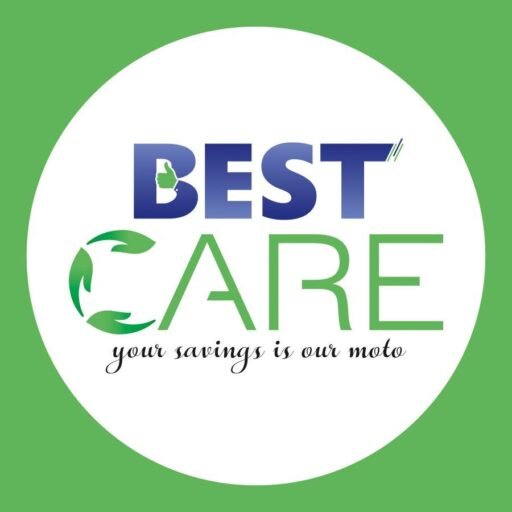Healthcare affordability remains a significant challenge for many, especially for uninsured or underinsured individuals. Discount health cards are an innovative solution that helps bridge the financial gap, offering a practical, cost-effective way to access essential health services. Here’s how these cards make healthcare more accessible and affordable:
1. Reducing Out-of-Pocket Costs
Discount health cards provide substantial savings on healthcare services, from doctor consultations to prescription medications, lab tests, and even specialist visits. With discounts ranging from 20% to 80%, these cards ease the burden of out-of-pocket expenses, making routine check-ups and treatments more feasible for individuals and families.
2. Enhancing Access for Uninsured Individuals
For those who are uninsured, health services can be prohibitively expensive. Discount health cards don’t require traditional insurance coverage, making them ideal for individuals who fall outside insurance plans due to cost, age, or pre-existing conditions. By offering negotiated rates, these cards give uninsured individuals access to healthcare services at lower prices, improving their ability to manage health proactively.
3. Filling the Gap for Underinsured Individuals
Even those with insurance may face high deductibles or limited coverage for certain services. Discount health cards help by providing discounts on services not covered by insurance, allowing individuals to fill these gaps affordably. This flexibility ensures they can seek necessary treatments without incurring high out-of-pocket expenses.
4. Expanding Access Across Healthcare Networks
Discount health cards often partner with extensive networks of hospitals, clinics, labs, and pharmacies. Members can use their cards across these networks, ensuring access to trusted healthcare providers without geographical limitations. For example, the Best Care Health Card partners with over 3,500 healthcare facilities, making it easy for cardholders to find nearby providers.
5. Affordable Family Health Support
With family-oriented options, discount health cards make it possible to cover multiple family members under a single plan. These plans provide affordable healthcare options for families who want to prioritize their health without straining their budget. Family cards allow members to share benefits like free consultations and discounts on healthcare services, making it easier to maintain regular health check-ups for all family members.
6. Simplicity and Transparency
Unlike insurance policies with complex terms, discount health cards operate on a straightforward discount model. There are no claim processes or deductibles to worry about, and cardholders know exactly what services are covered and at what discount level. This transparency allows individuals to better plan and budget their healthcare expenses.
7. Lower Commitment Compared to Insurance
Discount health cards don’t typically require long-term commitments, making them an excellent option for those who want flexible healthcare solutions. They can be purchased annually or monthly, depending on the provider, which allows individuals to adapt their healthcare spending according to their current needs.
8. Supporting Preventive Care
By lowering costs, discount health cards encourage more frequent use of preventive healthcare services, such as regular check-ups, vaccinations, and health screenings. Early intervention can help catch health issues before they become serious, ultimately lowering the need for more expensive treatments in the future.
9. A Cost-Effective Alternative to Insurance
For those who find traditional insurance premiums unaffordable, discount health cards offer a low-cost alternative. The Best Care Health Card, for example, provides yearly plans that cost a fraction of traditional health insurance premiums. This option is especially beneficial for self-employed individuals, small business owners, and retirees who want health coverage without high insurance costs.
Conclusion
Discount health cards are a practical solution for making healthcare more accessible. They provide a range of benefits that empower individuals and families to manage their health affordably. For those seeking a low-cost, straightforward way to access essential health services, discount health cards bridge the gap, ensuring that quality care is within reach without overwhelming financial stress.
